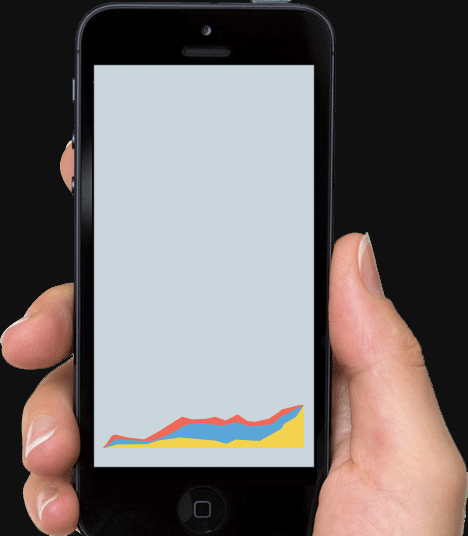Last updated on March 26th, 2024 at 11:06 am
Data science is a fascinating topic to work in since it combines high statistical and mathematical abilities with practical programming experience. There are a variety of programming languages in which a prospective data scientist might specialize.
In this article, we will tell you how by learning machine learning and taking a python course you can obtain a Data analytics Certification.
 While there is no one-size-fits-all solution, there are various factors to consider. Many factors will determine your performance as a data scientist, including:
While there is no one-size-fits-all solution, there are various factors to consider. Many factors will determine your performance as a data scientist, including:
- Specificity: When it comes to sophisticated data science, re-inventing the wheel each time can only get you so far. Master the numerous packages and modules available in the language of your choice. The extent to which this is feasible is determined by the domain-specific packages that are initially accessible to you!
- Generality: A smart data scientist will be able to program in a variety of languages and will be able to crunch statistics. Much of data science’s day-to-day job is locating and processing raw data, sometimes known as ‘data cleaning.’ No amount of clever machine learning software can assist with this.
- Productivity: In the fast-paced world of commercial data science, getting the work done quickly has a lot of appeal. This, however, is what allows technical debt to accumulate, and only rational procedures may help to reduce it.
- Performance: In some circumstances, especially when working with enormous amounts of mission-critical data, it’s crucial to maximize the performance of your code. Compile-time languages are often substantially quicker than interpreted languages and statically typed languages are far more reliable than dynamically typed languages. The clear trade-off is between efficiency and productivity.
These can be viewed as a pair of axes to some extent (Generality-Specificity, Performance-Productivity). Each of the languages listed below can be found on one of these spectra.
Let’s look at some of the more popular data science languages with these key ideas in mind. What follows is based on research as well as personal experience from myself, friends, and coworkers – but it is by no means exhaustive! Here they are, roughly in order of popularity:
-
- R: R is a sophisticated language that excels in a wide range of statistical and data visualization applications, and it’s open-source, which means it has a vibrant community of contributors. Its current popularity is a reflection of how effective it is at what it accomplishes.
- Python: Python is a fantastic language for data research, and not only for beginners. The ETL process is at the heart of most of the data science processes (extraction-transformation-loading). Python’s generality is appropriate for this task. Python is a tremendously interesting language to work with for machine learning, thanks to libraries like Google’s Tensorflow.
- SQL: SQL is best used as a data processing language rather than as a sophisticated analytical tool. Yet ETL is critical to so much of the data science process, and SQL’s endurance and efficiency demonstrate that it is a valuable language for the current data scientist to grasp.
- Java: There are several advantages to studying Java as a primary data science language. Many businesses will value the ability to easily incorporate data science production code into their existing codebase, and Java’s performance and type safety will be significant benefits. However, you won’t have access to the stats-specific packages that other languages provide. That said, it’s worth thinking about, especially if you’re already familiar with R and/or Python.
- Scala: When it comes to working with Big Data using cluster computing, Scala + Spark are wonderful options. Scala’s characteristics will appeal to anybody who has worked with Java or other statically typed languages. However, if your application doesn’t deal with large amounts of data, you’ll likely discover that adopting alternative languages like R or Python will increase your productivity significantly.
Conclusion
At Imarticus we commit to giving the best quality education, so if you are interested in getting a data analytics certification, taking a python course, and learning machine learning come and visit us!
Related Article:
https://imarticus.org/what-are-top-15-data-analyst-interview-questions-and-answers/

